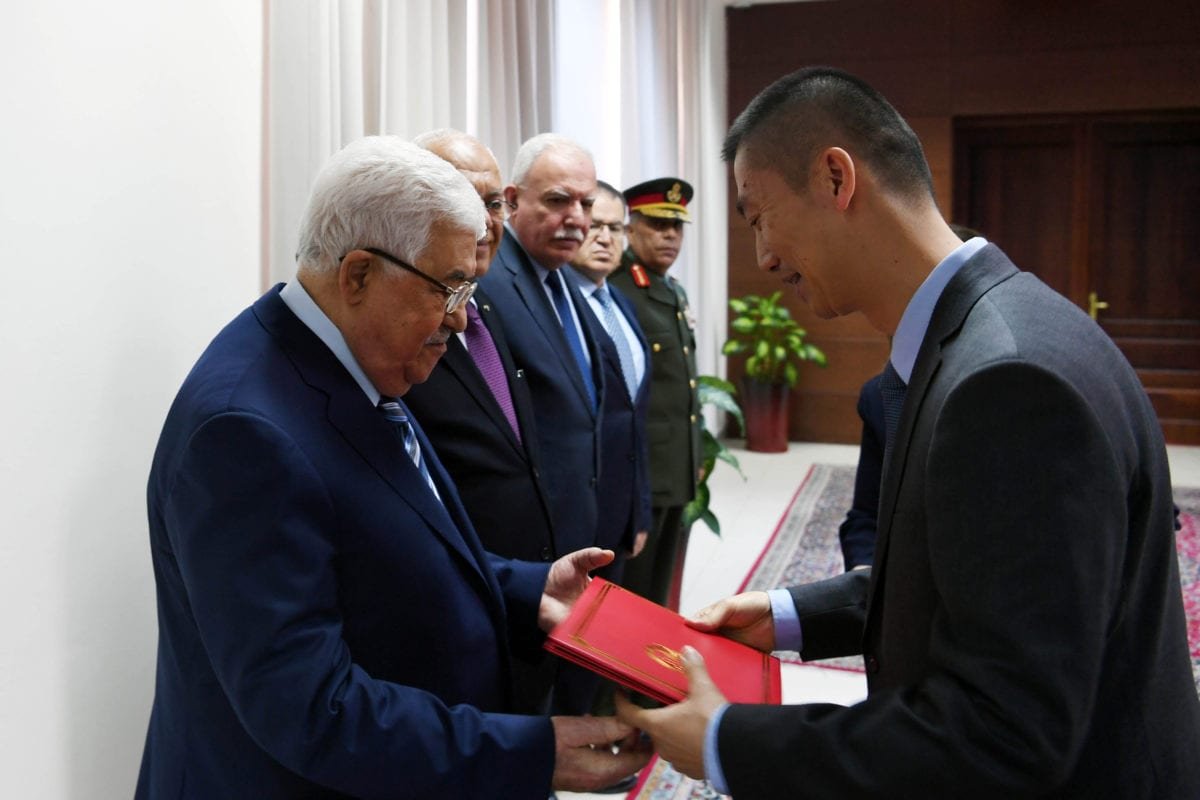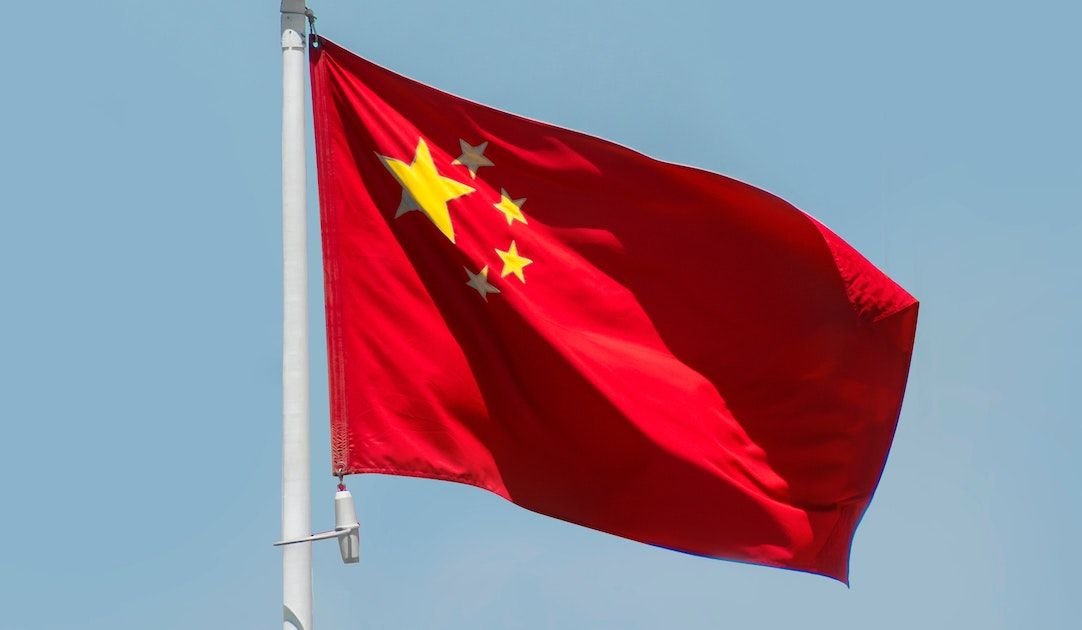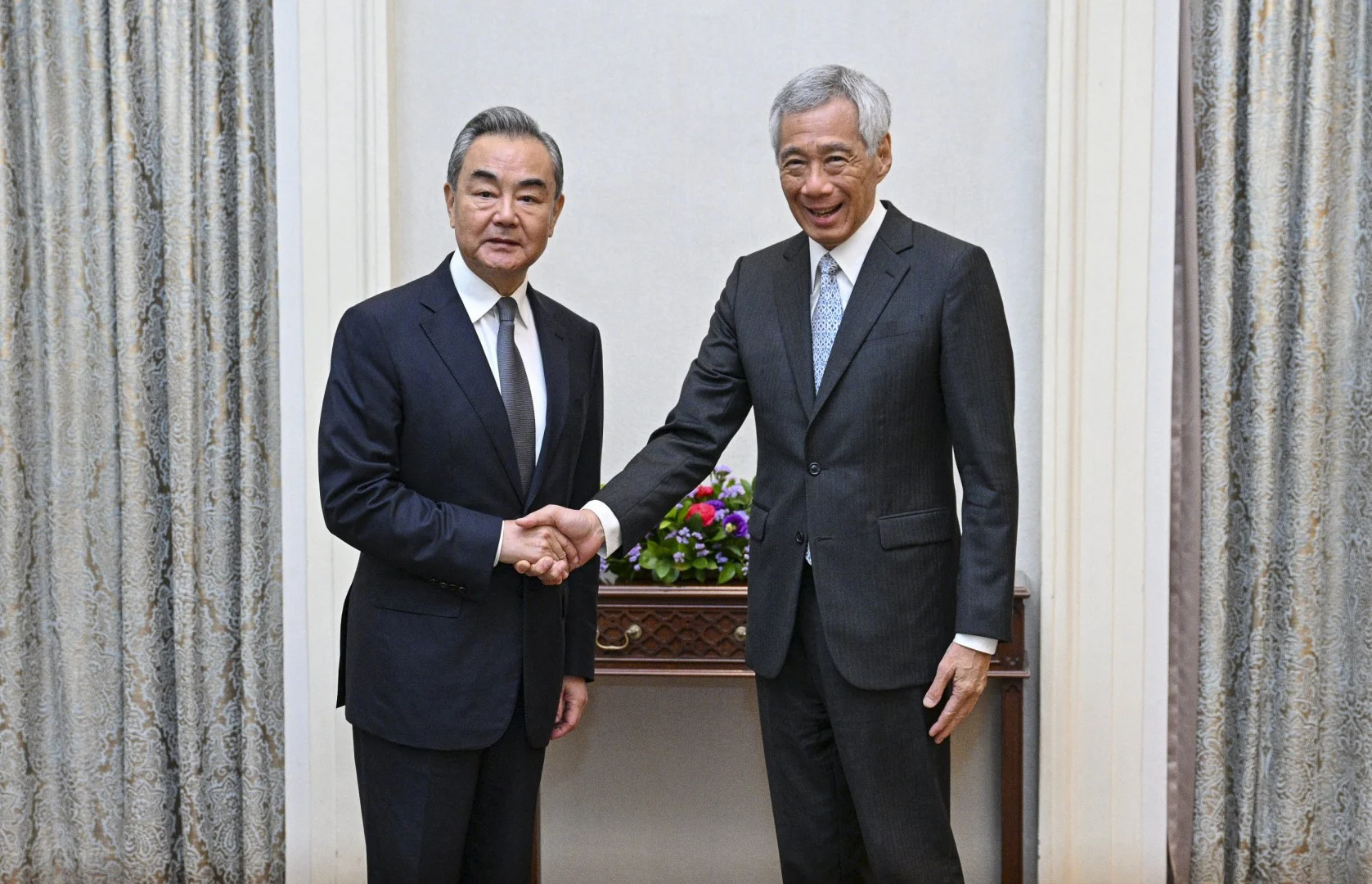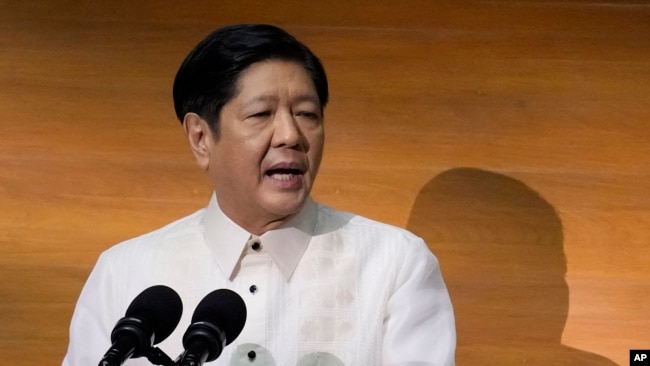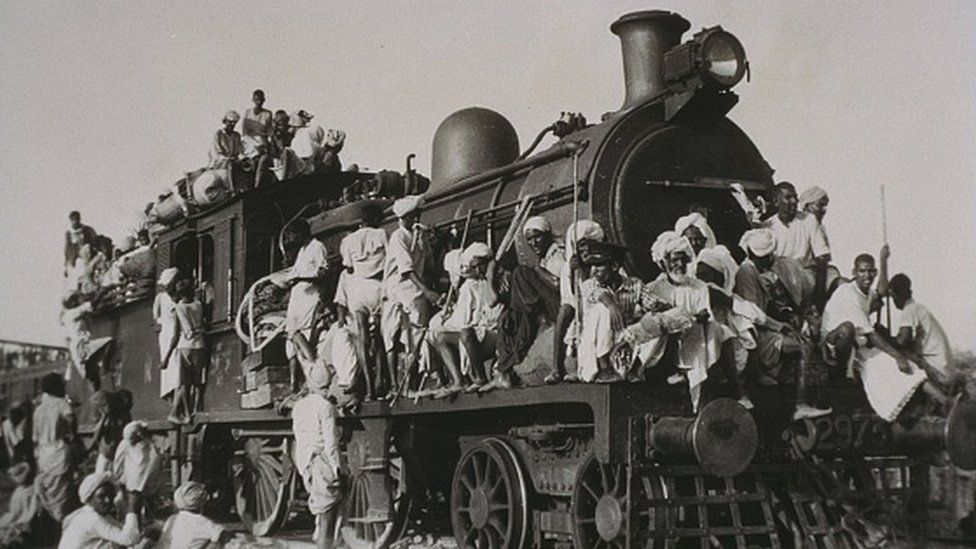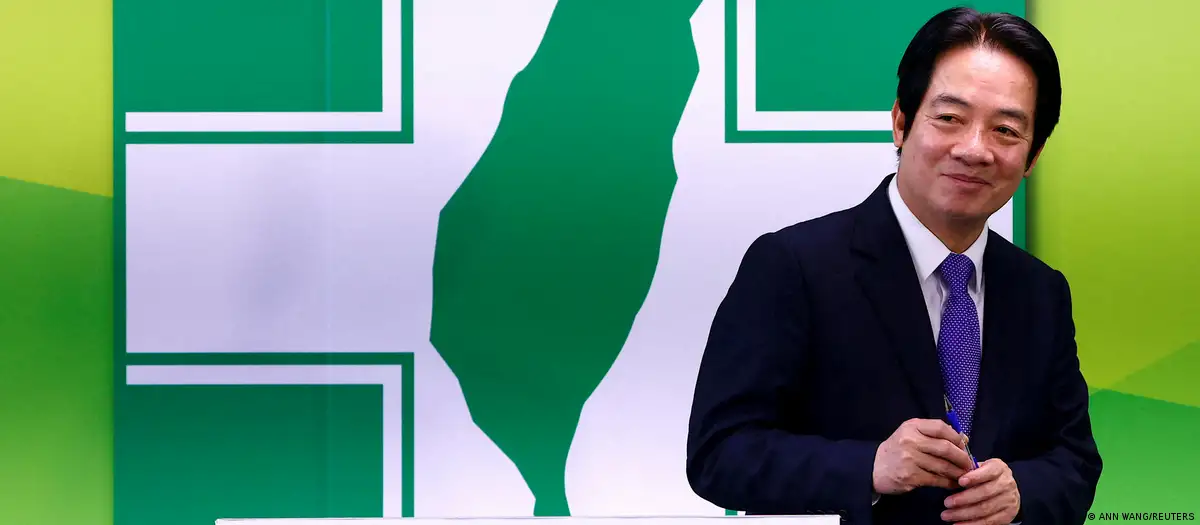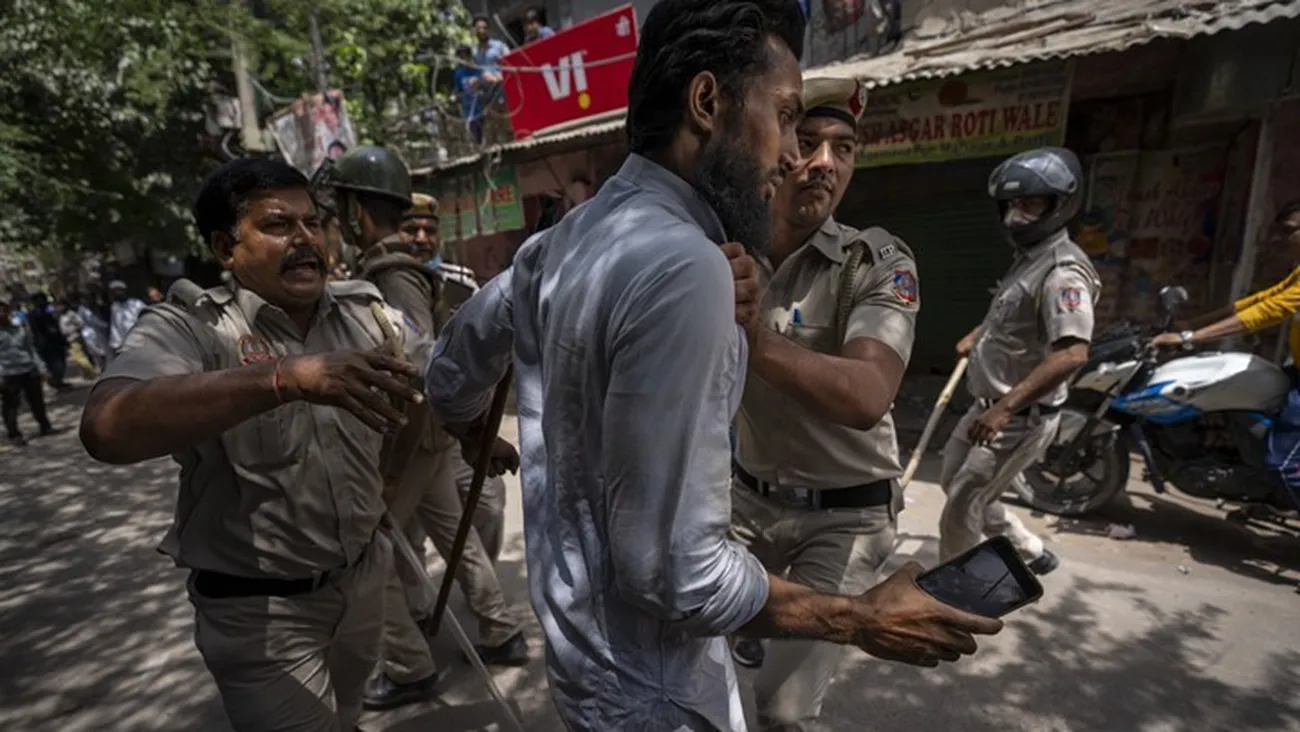
India on its 75th Independence Day is socially unraveling
On August 15, India celebrates its seventy-fifth anniversary of independence from Britain, which took place in 1947, but India, whose current Prime Minister Narendra Modi raised his campaign slogan in 2014, “India sparkles,” is no longer what he dreamed of, after the social disintegration that affected it. Since he came to power, which began in reality when he was prime minister of the province of Gujarat, where a massacre took place against Muslims amid his silence, support and support; It resulted in the burning of five thousand Muslims that day, some of whom were burned inside the trains, which caused a state of outrage in India and abroad, prompting the United States of America to deny him a travel visa, until he came to power in 2014 when he was granted a diplomatic travel visa.
The Gujarat massacre was not an isolated incident after the escalation of incidents that no longer affect Muslims in India only, who number 200 million Muslims, and are deprived of any government position in Modi’s cabinet. These incidents of murder, rape and violence affected ethnic Sikhs and Christians. In the Manipur region bordering Burma and Bangladesh, violence continued for three consecutive months between the Hindu and Christian Mete ethnicities, without the government moving a finger, and even accusing the security forces of favoring the Hindus by facilitating the theft of weapons from police stores, which their gangs carried out to be used later by the uproar of the minority. Christianity.
The story of Manipur began when an extremist Hindu gang dared to kidnap two Christian women, strip them of their clothes in front of people, and then rape them, with videos confirming this. Neither Modi nor anyone else in the government moved a finger, until a month after the incident, and when he did, he limited his speech to a pledge to prosecute, but nothing of that happened, and what made people lose confidence in the courts and the statements of the Prime Minister himself, was the court’s release of two former defendants who were imprisoned in the incident. Similar rape, and their release coincided with the Manipur rape incident, which cast great doubts on the seriousness of Modi’s statements and the government.
Violence in Manipur, reports from there speak of the killing of thousands and the displacement of more than 150,000, in addition to the destruction of more than 250 churches, as well as the destruction of mosques in other Indian regions in separate incidents from these incidents, which have become isolated from each other, and are no longer islands. separate, but has become a Hindu archipelago uprooting India itself, and increasing the state of social disintegration that threatens it.
India’s weak opposition, made up of an alliance of 26 political parties led by Rahul Gandhi’s Indian Congress party, is preparing for a general election, but it is well aware that it cannot defeat Modi; Who is preparing for a third round of rule after he dominated India’s rule since 2014, as he transferred India from the secularism of the Congress Party that ruled India for most of its years after independence, to an extremist Hinduism under the slogan Hindutva India, which means the marginalization of other minorities, and making the country Hindu far from Hinduism. Secularism in which other ethnicities are equal, and which India has been known for throughout the years of its life.
India is not the Silicon Valley that some imagine, as this valley constitutes only 2 percent of India, and therefore outsourcing American and foreign companies in general for their work to this valley does not necessarily reflect the general condition of India, as this constitutes only a small percentage of the lives of Indians, while the majority falls at risk of poverty.
International powers today, in light of the tension and escalation taking place in Ukraine and its regional and international repercussions, are all asking for India’s friendliness. Russia considers India a trading partner for it, and a back garden to circumvent the Western sanctions imposed on it. Therefore, we saw that India did not condemn the Russian invasion of Ukraine, but rather it imports Russian oil to market it. outside; By doing so, it circumvented Western sanctions against it. As for America and the West, they want India to be a balancing force in the face of its rivalries and perhaps its upcoming war with China, especially since the latter has border problems with India, and therefore the West seeks to exploit it in its rapprochement with India, and not to disturb it in internal files, which do not constitute anything for the West in the matter. The greatest Chinese and Russian danger remained.
However, the internal Indian reality remains a social and economic threat, and the Indian reality remains a threat not to India itself, but rather to the region and the world due to the ethnic and sectarian extensions of India’s ethnicities and religions abroad first, and secondly because India in this month will celebrate its supremacy over China in terms of population, as It will have a population larger than China itself, which will make it the most populous country in the world.

